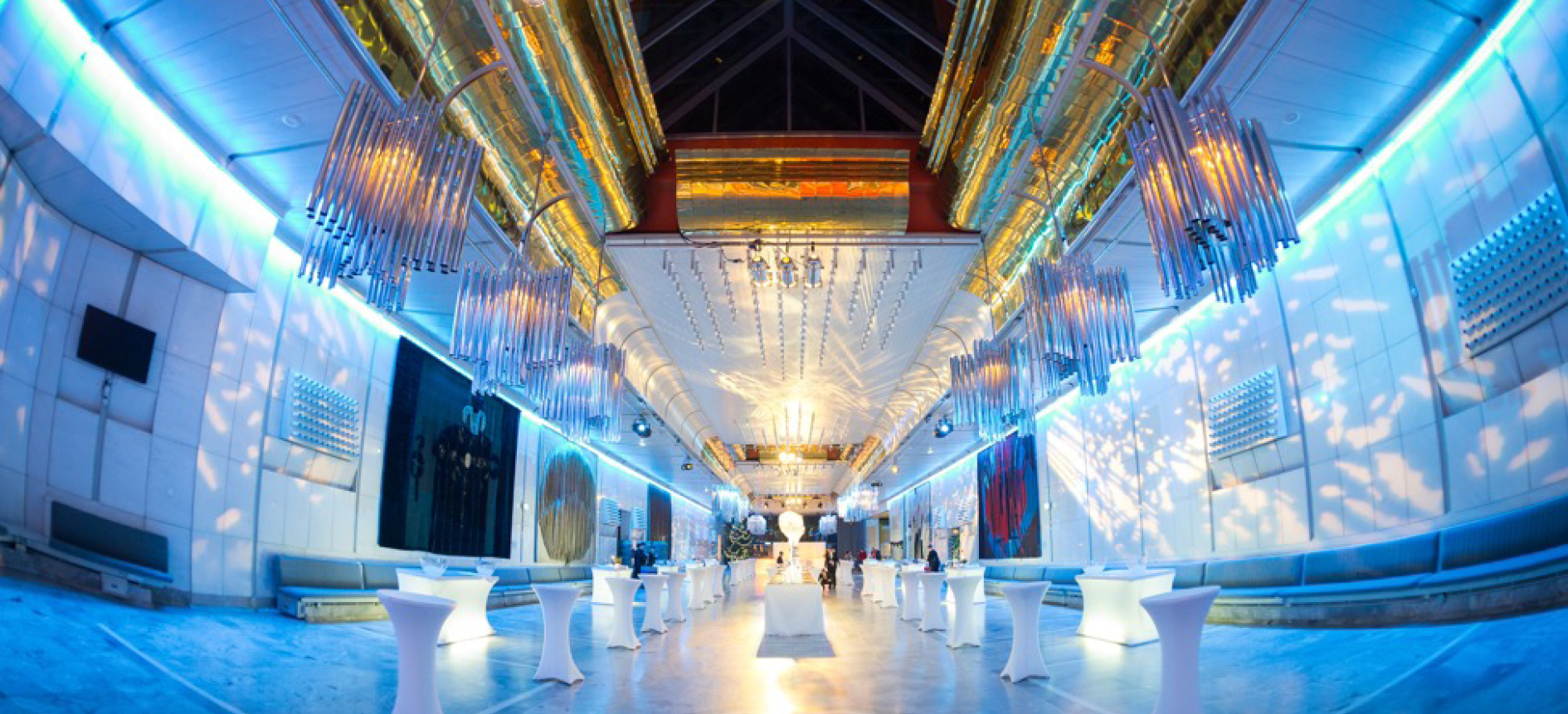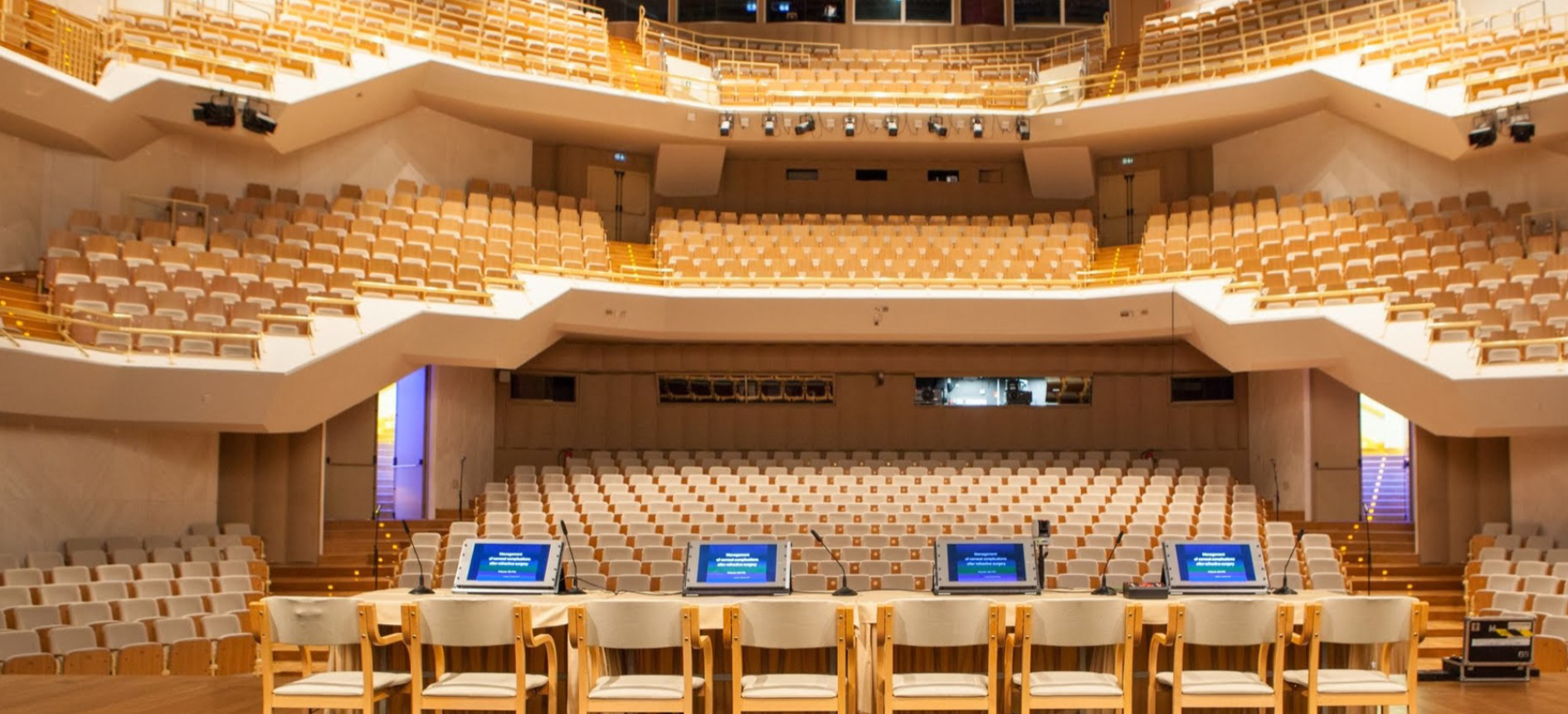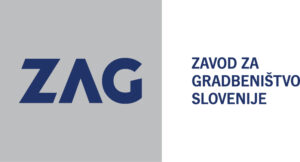Welcome Message
Esteemed Colleagues and Distinguished Professionals,
We are delighted to extend a warm invitation to the 12th International Conference on Bearing Capacity of Roads, Railways, and Airfields (BCRRA 2026), taking place in the vibrant city of Ljubljana, Slovenia, from June 22nd to June 24th, 2026.
This prestigious conference is a unique gathering of prominent experts, bringing together researchers, academics, industry professionals, and policymakers from around the globe. Whether you are involved in the design, construction, maintenance, or management of roads, railways, and airfields, or if your work focuses on the development and application of cutting-edge materials and technologies in these sectors, BCRRA 2026 offers an unparalleled opportunity to gathering with professional in these fields. We are pleased to welcome representatives from governmental and regulatory bodies, as well as experts from leading global organizations, such as the International Road Federation (IRF), the World Road Association (PIARC), and Forum of European National Highway Research Laboratories (FEHRL), who are committed to advancing transportation infrastructure on a global scale.
Hosted by a consortium of esteemed Slovenian institutions—DRI Investment Management, the Slovenian National Building and Civil Engineering Institute (ZAG), and the Faculty of Civil and Geodetic Engineering (FGG), with technical support from DRC d.o.o.—this event promises to be an enriching experience in a stunning setting.
We look forward to welcoming you to Ljubljana in June 2026.
On behalf of the Slovenian BCRRA 2026 Organizing Committee,
Co-chairperson Suzana Svetličič, DRI investment management, Ljubljana, Slovenia
Co-chairman, Dr. Aleš Žnidarič, ZAG, Ljubljana, Slovenia
BCRRA Conference Background and History

BCRRA 26 will be the 12th conference in a series held at four-year intervals, which began in Trondheim, Norway, in 1982. Originally established as the “Bearing Capacity of Roads and Airfields (BCRA),” the conference initially focused on the design, construction, and maintenance challenges associated with roads and airfield pavements. In 1997, during the sixth conference held in Lisbon, Portugal, the scope of BCRA was expanded to include railway tracks, recognizing the vital role of railway infrastructure in global transportation networks. This expansion led to the conference being rebranded as BCRRA, reflecting its comprehensive focus on roads, railways, and airfields.
BCRRA is known for its rigorous academic discussions, technical presentations, and the dissemination of research that has often led to the development of new standards and best practices. Topics typically covered include advancements in materials science, pavement design, geotechnical engineering, environmental considerations, and the integration of new technologies. As bearing capacity issues evolve due to increasing traffic volumes and weights, there is a growing need for stronger and more durable pavements and railroad track structures. New materials and methods are being introduced, along with innovative approaches to design and material utilization.
BCRRA attracts a diverse international audience, including researchers, engineers, consultants, and representatives from government agencies and international organizations. The conference’s collaborative environment fosters cross-border partnerships and the global sharing of knowledge, further enhancing its influence on infrastructure development worldwide.
The 12th BCRRA conference in 2026 will introduce new concepts and innovative solutions in several areas, including subgrade soils, granular materials, asphalt mixtures, concrete materials, recycled materials and technologies, in situ measurements, results evaluation, performance prediction, climate change resilience, frost-affected design, geotechnical considerations, intelligent construction technologies, and the application of big data and AI.
The previous BCRRA conferences:
- 1982 – Trondheim, Norway
- 1986 – Plymouth, United Kingdom
- 1990 – Trondheim, Norway
- 1994 – Minneapolis, USA
- 1997 – Lisbon, Portugal
- 2001 – Lisbon, Portugal
- 2005 – Trondheim, Norway
- 2009 – Champaign, USA
- 2013 – Trondheim, Norway
- 2017 – Athens, Greece
- 2022 – Trondheim, Norway
Venue



Cankarjev dom is the largest cultural and congress centre in Slovenia, located in the heart of Ljubljana. It is a prominent venue for a wide range of cultural, artistic, and professional events, including concerts, theatre performances, film screenings, exhibitions, conferences, and congresses.
Designed by architect Edvard Ravnikar, Cankarjev dom is an architectural landmark in Ljubljana, reflecting modernist design principles. The building, completed in 1982, is known for its functional design and use of space, making it one of the most iconic cultural venues in Slovenia.
Cankarjev dom hosts over 1,200 events annually, attracting around half a million visitors. It is the main venue for cultural events in Ljubljana, including music festivals, film festivals (such as the Ljubljana International Film Festival), and theatre performances. With its state-of-the-art facilities, Cankarjev dom is a leading venue for international congresses and conferences in Slovenia.
Cankarjev dom is part of various international networks, collaborating with global cultural and congress organizations. This enhances its reputation as a prime location for both cultural exchange and international business events.
An administrative centre of Ljubljana, where Cankarjev dom is located, is easily accessible on foot, by car or by public transport. Under the Square of the Republic there is a large parking garage, and the latest one is just a stone’s throw away under the Congress Square. Both are sufficient to cover the needs of conference guests with cars. A great advantage of the location is that all the city’s attractions, and especially the key hotels are within walking distance. In these terms Cankarjev dom is a very friendly and nice location to conference guests.
Address: Prešernova cesta 10, 1000 Ljubljana – Slovenia
About organizers
The BCRRA 2026 conference is proudly organized by the DRI Investment Management, ZAG (Slovenian National Building and Civil Engineering Institute) and Faculty of Civil and Geodetic Engineering at the University of Ljubljana, in partnership with, DRC Ltd. These leading institutions bring together extensive expertise in transportation infrastructure, civil engineering, and geotechnics to deliver an exceptional event focused on the bearing capacity of roads, railways, and airfields

DRI Investment Management, Company for the Development of Infrastructure formally known as “DRI upravljanje investicij, d. o. o.”, is the largest engineering and consulting firm in Slovenia, established in 1994. The company’s reputation as a trusted partner is built on decades of successful collaboration with both public and private sector clients, particularly in the domains of railway, road, public utility, water infrastructure, building construction, and transport.DRI’s multidisciplinary team, which includes civil engineers, legal experts, economists, and other specialists, is committed to delivering high-quality technical solutions while adhering to the highest professional and ethical standards.
DRI operates under a public law model, primarily serving government entities in Slovenia. The company’s mission includes supporting public infrastructure projects from the planning phase through to construction, management, and maintenance. Internationally, DRI is also involved in various projects, further establishing its role as a key player in the engineering and consulting industry.

The Slovenian National Building and Civil Engineering Institute – ZAG is the leading research and testing organization in Slovenia dedicated to the construction and civil engineering sectors. Established as a public, non-profit, state-owned entity, ZAG engages in a wide range of activities including fundamental and applied research, development of new testing methods, product certification, and staff training. The institute plays a crucial role in the preparation of technical standards and codes.
ZAG’s work is organized into several departments, each focusing on specific aspects of civil engineering, including materials, building physics, structures, and geotechnics and infrastructure. The institute is heavily involved in both fundamental and applied research, which underpins its contributions to the development of innovative testing methods, certification processes, and the preparation of technical codes and standards. ZAG is highly regarded both nationally and internationally for its contributions to sustainable construction, energy efficiency, recycling, and disaster resilience, among other areas. The institute has been involved in over 70 national and international research projects, including several funded by the EU’s Horizon 2020 program. ZAG is also a member of numerous international organizations, which helps maintain its position at the forefront of global construction research and innovations.

The Faculty of Civil and Geodetic Engineering (FGG) at the University of Ljubljana is one of Slovenia’s leading educational and research institutions, particularly in civil engineering, geodesy, and environmental engineering. Established in 1919, FGG has been instrumental in shaping Slovenia’s infrastructure and environmental policies through its strong educational programs, research contributions, and collaborations with industry.
FGG offers a broad range of undergraduate, master’s, and doctoral programs, emphasizing both theoretical foundations and practical training. The faculty is known for its significant research in structural engineering, hydrology, geoinformatics, and sustainable construction, with its work often applied in real-world projects and published in top international journals. The faculty is equipped with advanced laboratories and research facilities that support both teaching and research, and it maintains strong industry ties to ensure that its graduates are well-prepared for the job market. FGG also has a strong international presence, actively participating in global academic networks and hosting various conferences, workshops, and seminars. Overall, FGG is recognized as a leader in its field, known for its rigorous academic programs, cutting-edge research, and close industry connections.

DRC – the Company for Research in Road and Transport Infrastructure of Slovenia Ltd., was founded in 1991 by the Road Society of Ljubljana and the Road Society of North-eastern Slovenia. Later, the Road Society of Primorska, the Road Society of Dolenjska, and the ZAS, the Association of Asphalt Pavers of Slovenia also joined the company. DRC represents the interests of Slovenian societies in the field of roads, traffic, and transport infrastructure, both domestically and internationally. It organizes a variety of professional meetings and educational events, which have been attended by more than 20,000 domestic and international experts since the company’s inception. Over 4,000 authors have presented more than 2,600 professional papers at these events.
Among the major professional meetings organized by DRC throughout its history are the Road Days in 1991, 1993, 1995, and 1997, fourteenth biennial Slovenian Congresses on Roads and Traffic, the international XIII Danube Conference on Geotechnics 2006, and the European conference TRA – Transport Research Arena 2008. The company publishes professional literature, including conference proceedings, guidelines, textbooks, professional books, monographs, and various brochures, either at professional meetings or on other occasions. DRC is a member of and actively participates in the global IRF (International Road Federation), which has educational centres in Geneva, Brussels, and Washington. It is also a member of PIARC (World Road Association) and collaborates with similar professional organizations from neighbouring and other European countries.